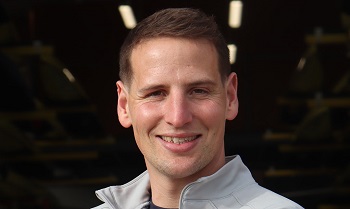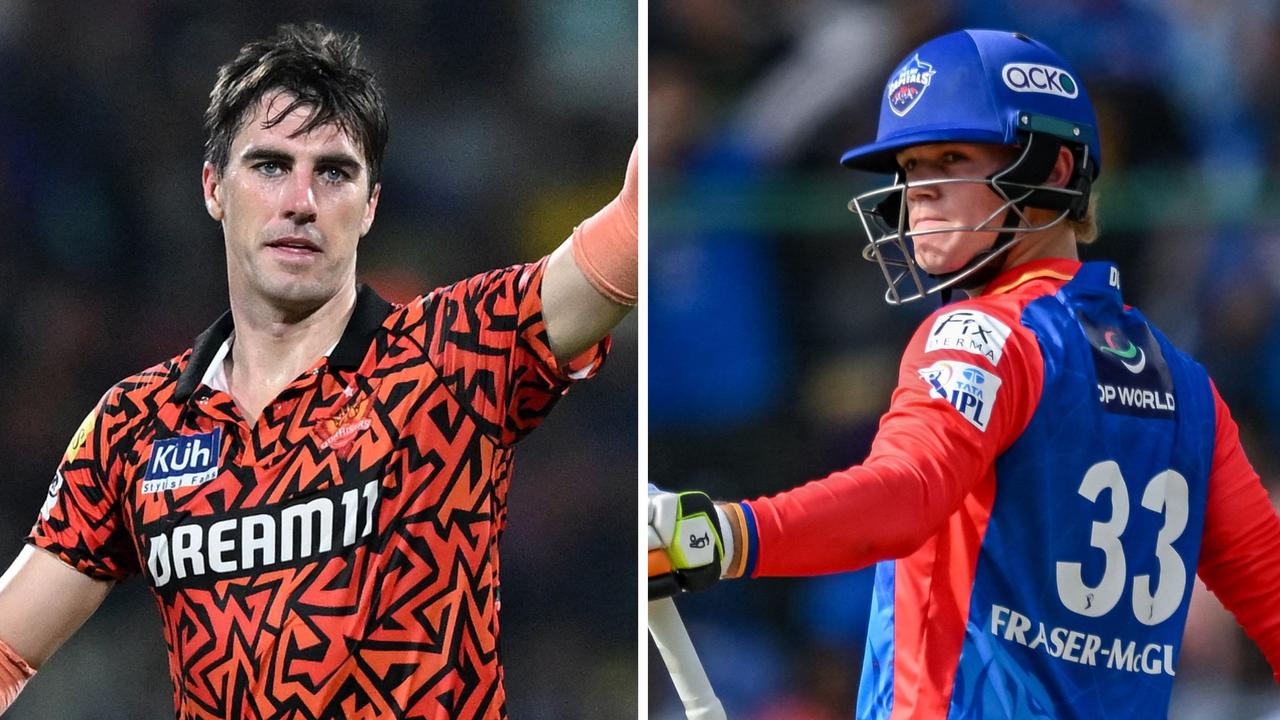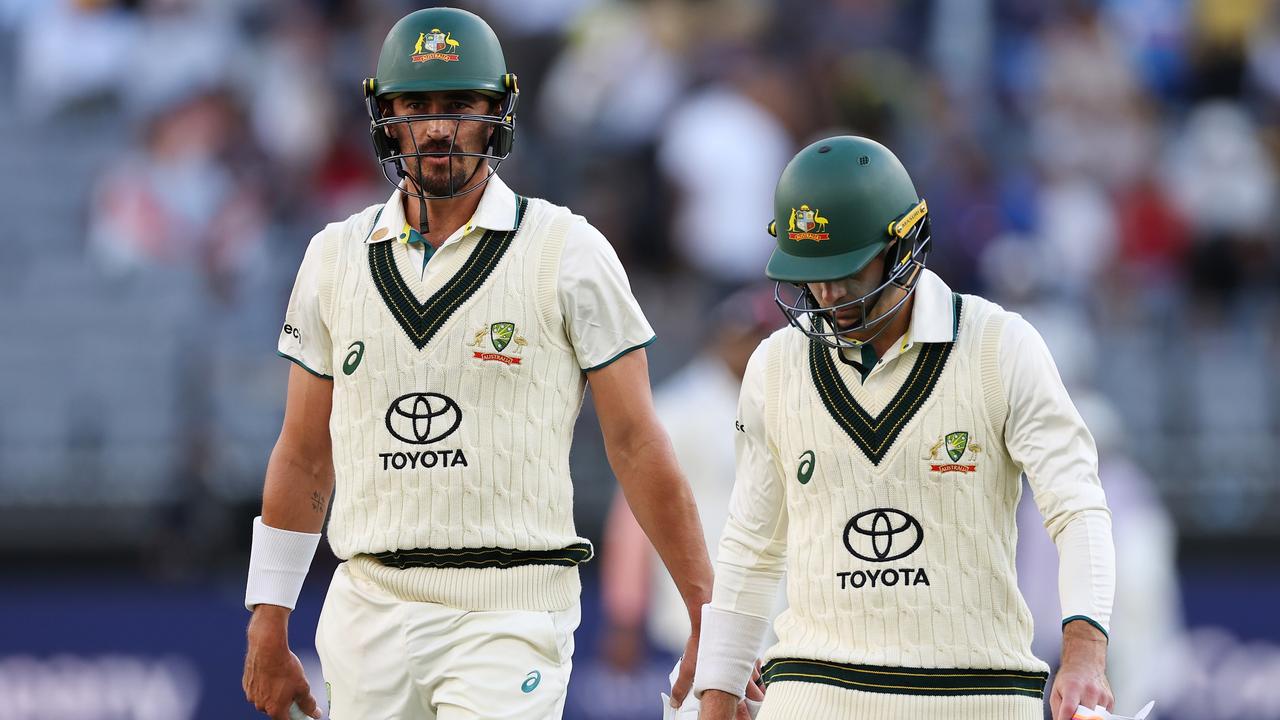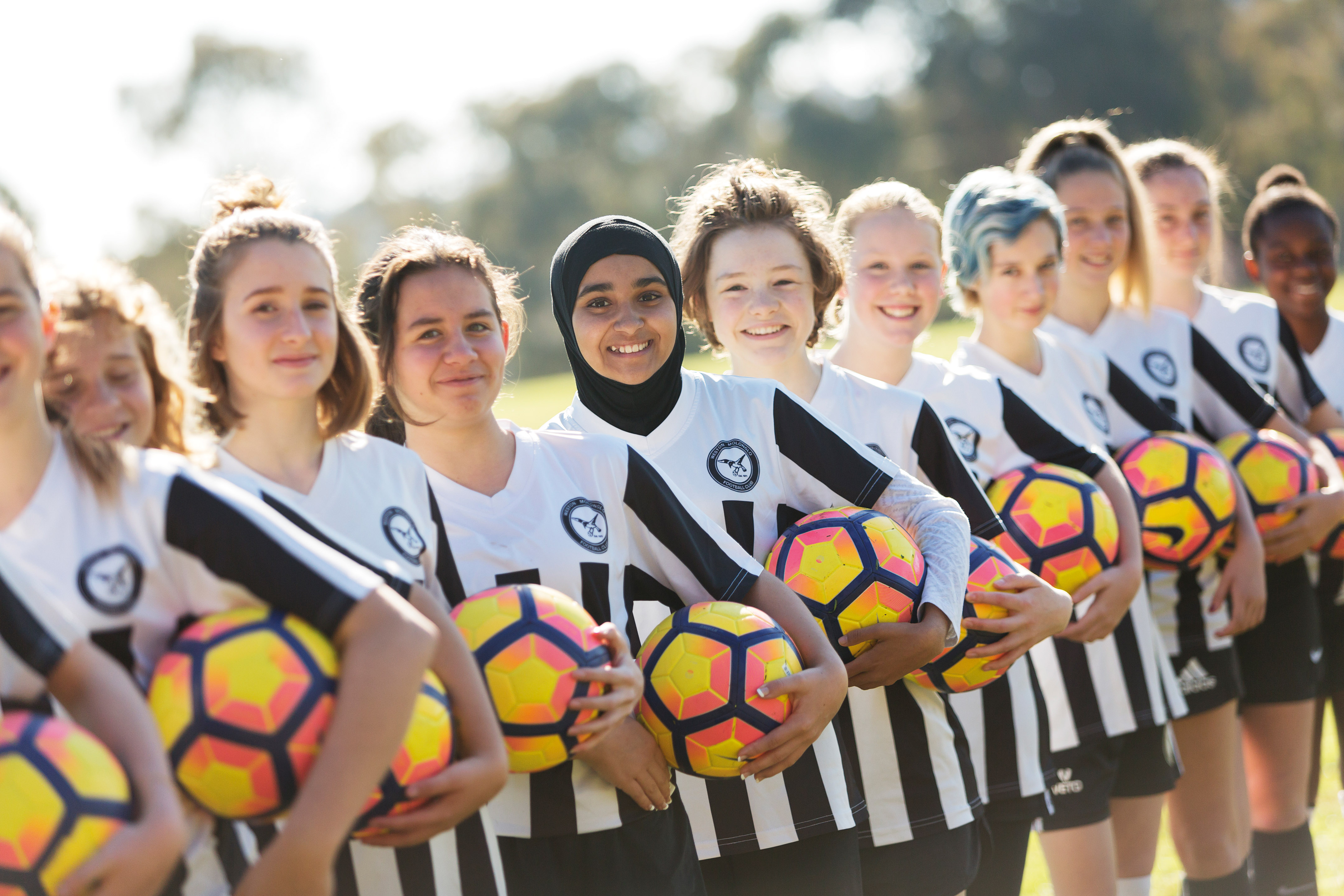The role of the coach in concussion in sport

- by Admin
- May 20, 2024

As a coach, Loveday says he sees athletes at their best and at their worst which is why he was able to quickly identify that something was wrong.
“It was really, really obvious with this individual – really charismatic athlete who for the space of about ten days was just quiet, wasn’t really engaging with people, didn’t want to be in the crew area where there was noise was suddenly going up and sleeping on a regular basis between sessions, just a complete change in behaviour,” Loveday said.
Once it was established that it was a concussion, the team immediately shifted towards a different set of protocols to manage it.
“As soon as it was very obvious what it was, it essentially ended up being just a really gradual return to training,” Loveday said, noting that they removed intensity from the program and spoke to the athlete’s school about reducing screen time for up to ten days until he was well enough to resume things as normal.
Speaking with hindsight, Loveday says if he were to face another case of suspected concussion his first point of call would be to consult a doctor, especially in the case of a para-athlete.
“I think consulting with a doctor and seeing what the state of play is… I expect there are some elements from a medical perspective where managing it within Para-Rowing a slightly different.”
To learn more, visit the Concussion in Sport website.
The Latest News
-
November 23, 2024Katy Perry receives good news amid legal battle with Australian designer
-
November 23, 2024Perth onslaught exposes glaring Aussie absence; legend’s warning for ‘deflated’ Lyon — Talking Pts
-
November 23, 2024Tammy Hembrow marries reality TV star in stunning ceremony
-
November 23, 2024South African prodigy a PGA threat
-
November 23, 2024Round three tee-times – PGA Championship of Australia





